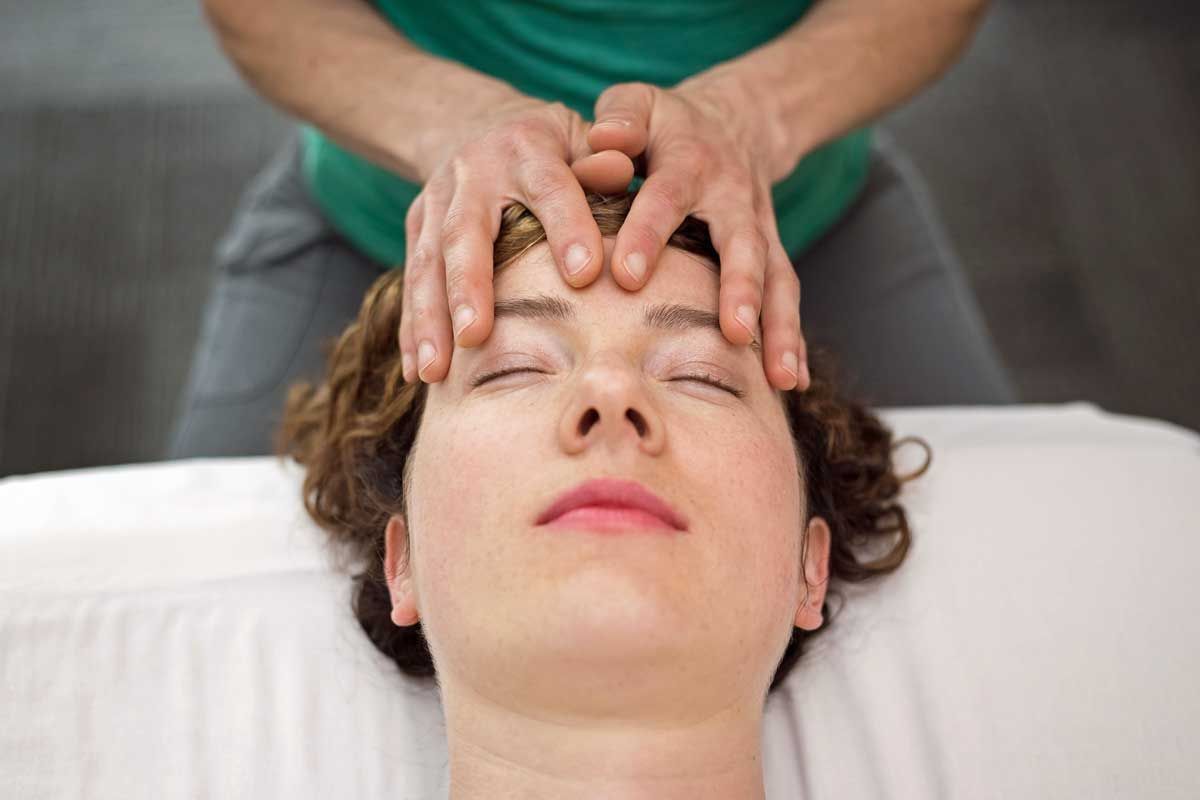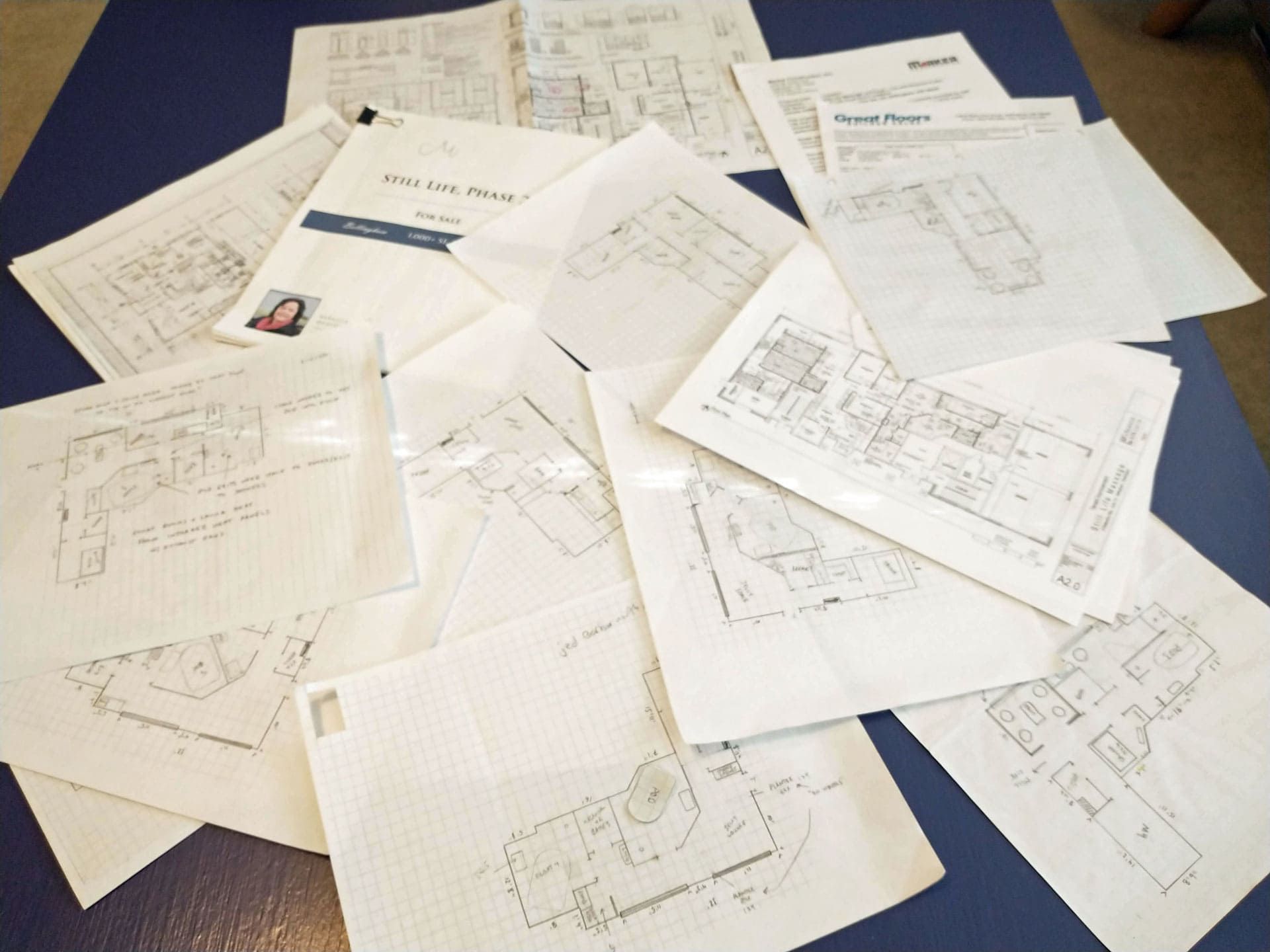Massage Therapy and Its Benefits for Depression and Anxiety
Depression and anxiety are two of the most common mental health conditions, affecting millions of people worldwide. While talk therapy, medication, and lifestyle changes are often central to treatment, research has shown that massage therapy can play a supportive role in managing symptoms and improving quality of life.
How Massage Supports Mental Health
Massage therapy works on both the body and the nervous system. By calming the “fight-or-flight” stress response and activating the parasympathetic “rest-and-digest” state, massage can help regulate stress hormones, improve sleep, and relieve muscle tension — all of which are linked to mood and emotional well-being.
Research Findings on Massage for Anxiety & Depression
- A review published in the Journal of Clinical Psychiatry found that massage therapy was associated with significant reductions in symptoms of depression in individuals with chronic health conditions (Hou et al., 2010).
- In a meta-analysis of 17 clinical trials, researchers concluded that massage therapy significantly reduced symptoms of both depression and anxiety, with particularly strong effects for anxiety (Moyer et al., 2004).
- The American Massage Therapy Association (AMTA) notes that massage has been shown to reduce levels of cortisol (a stress hormone) while increasing serotonin and dopamine — neurotransmitters that help regulate mood.
- A study in the Journal of Alternative and Complementary Medicine reported that massage helped decrease anxiety and improve mood in women with breast cancer undergoing treatment (Jane et al., 2008).
Benefits You May Notice
- Reduced stress and worry: Calmer nervous system, lower cortisol, and improved sense of balance.
- Improved sleep quality: Relaxation that can help with falling asleep and staying asleep.
- Relief from physical tension: Loosening of tight muscles, headaches, and jaw clenching often linked to anxiety and depression.
- Greater sense of connection: Safe, supportive touch helps clients feel grounded and cared for.
A Complementary Approach
Massage therapy is not a replacement for professional mental health treatment, but it can be a valuable part of a holistic care plan. When combined with counseling, medication (if prescribed), exercise, and other wellness practices, massage may enhance overall resilience and well-being.
If you’re living with depression or anxiety, scheduling regular massage sessions may help create a calming rhythm in your life — offering both immediate relief and longer-term support.
References
- Hou, W. H., Chiang, P. T., Hsu, T. Y., Chiu, S. Y., & Yen, Y. C. (2010). Treatment of depression with massage therapy: A systematic review and meta-analysis. Journal of Clinical Psychiatry, 71(7), 894–901.
- Moyer, C. A., Rounds, J., & Hannum, J. W. (2004). A meta-analysis of massage therapy research. Psychological Bulletin, 130(1), 3–18.
- American Massage Therapy Association (AMTA). (2020). Massage and mental health. Retrieved from https://www.amtamassage.org
- Jane, S. W., Wilkie, D. J., Gallucci, B. B., Beaton, R. D., Huang, H. Y., & Lin, Y. C. (2008). Effects of a full-body massage on pain intensity, anxiety, and physiological relaxation in Taiwanese patients with metastatic bone pain: A pilot study.
Journal of Alternative and Complementary Medicine, 14(2), 147–156.




